Throughout college recruiting there are times that you may feel that you and the coach talking to you are on the same page and that you have all the information you need to make an informed decision. But until you hear the answer coming out of the coaches mouth, all you have are assumptions.
Athletics
1. What positions will I play on your team? It is not always obvious. Most coaches want to be flexible, so you might not receive a definite answer.
2. What other players may be competing at the same position? The response could give you an idea of when you can expect to be a starter.
3. Will I be redshirted my first year? The school's policy on redshirting may impact you both athletically and academically.
4. What expectations do you have for training and conditioning? This will reveal the institution's commitment to a training and conditioning program.
5. How would you best describe your coaching style? Every coach has a particular style that involves different motivational techniques and discipline. You need to know if a coach's teaching style matches your learning style.
6. When does the head coach's contract end? How long does the coach intend to stay? The answer could be helpful. Do not make any assumptions about how long a coach will be at a school. If the coach leaves, does this change your mind about the school/program?
7. What are preferred, invited and uninvited walk-on situations? How many do you expect to compete? How many earn a scholarship? Situations vary from school to school.
8. Who else are you recruiting for my position? Coaches may consider other student-athletes for every position.
9. Is medical insurance required for my participation? Is it provided by the college? You may be required to provide proof of insurance.
10. If I am seriously injured while competing, who is responsible for my medical expenses? Different colleges have different policies.
11. What happens if I want to transfer to another school? You may not transfer without the permission of your current school's athletics administration. Ask how often coaches grant this privilege and ask for an example of a situation in which permission was not granted. (Be careful with this question, it does not make a good impression to ask about transferring before you've even committed.)
12. What other factors should I consider when considering your institution? Be realistic about your athletics ability and the type of athletics experience you would enjoy. Some student-athletes want to be part of a particular athletics program, even if that means little or no playing time. Other considerations include coaching staff and style. Of course, the ideal is to choose a college or university that will provide you with both the educational and athletics opportunities you want.
Academics
During an official tour of a campus, often the coach will set up a meeting for you with your department adviser. Take advantage of this time, you will only play volleyball for a few years but your degree is something you will carry with you forever.
1. How good is the department in my major? How many students are in the department? What credentials do faculty members hold? What are graduates of the program doing after school?
2. What percentage of players on scholarship graduate? The response will suggest the school's commitment to academics. You might want to ask two follow-up questions:
- What percentage of incoming students graduate in less than 5 years?
- What is the current team's grade-point average?
3. What academic support programs are available to student-athletes? Look for a college that will help you become a better student, some offer free tutors or study hall for athlete's that need it.
4. If I have a diagnosed and documented disability, what kind of academic services are available? Special academic services may help you achieve your academic goals.
5. How many credit hours should I take in season and out of season? It is important to determine how many credit hours are required for your degree and what pace you will follow to obtain that degree.
6. Are there restrictions in scheduling classes around practice? NCAA rules prevent you from missing class for practice. This will also inform you about when the team practices, usually it will either be in the morning or afternoon.
7. Is summer school available? If I need to take summer school, will it be paid for by the college? You may need to take summer school to meet academic and/or graduation requirements.
College Life
1. What is a typical day for a student-athlete? The answer will give you a good idea of how much time is spent in class, practice, study and travel. It also will give you a good indication of what coaches expect.
2. What are the residence halls like? The response should give you a hint of how comfortable you would be in your room, study areas, community bathrooms and at the laundry facilities. Also ask about the number of students in a room, co-ed dorms and the rules governing life in the residence halls.
3. Must student-athletes live on campus? If "yes," ask about exceptions
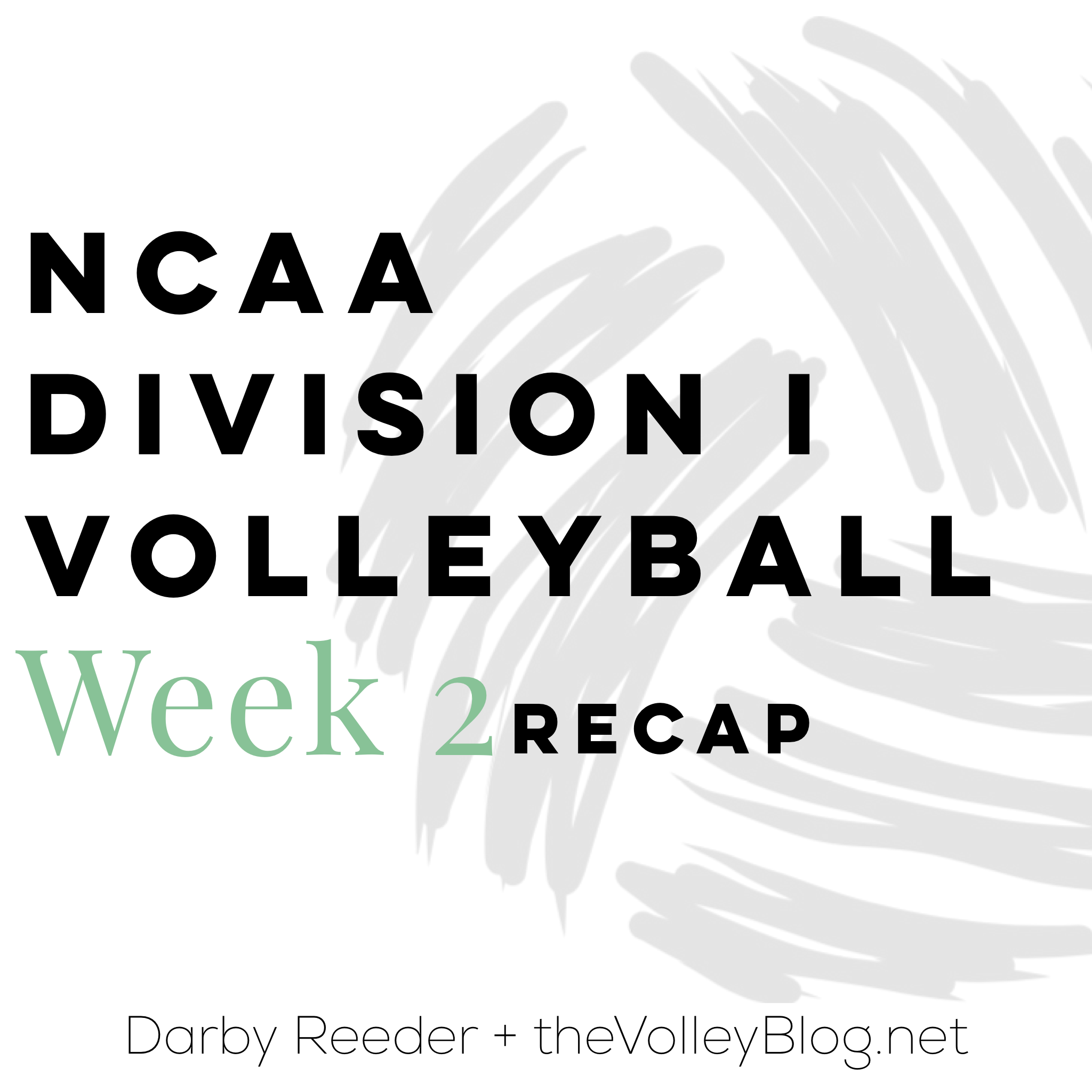

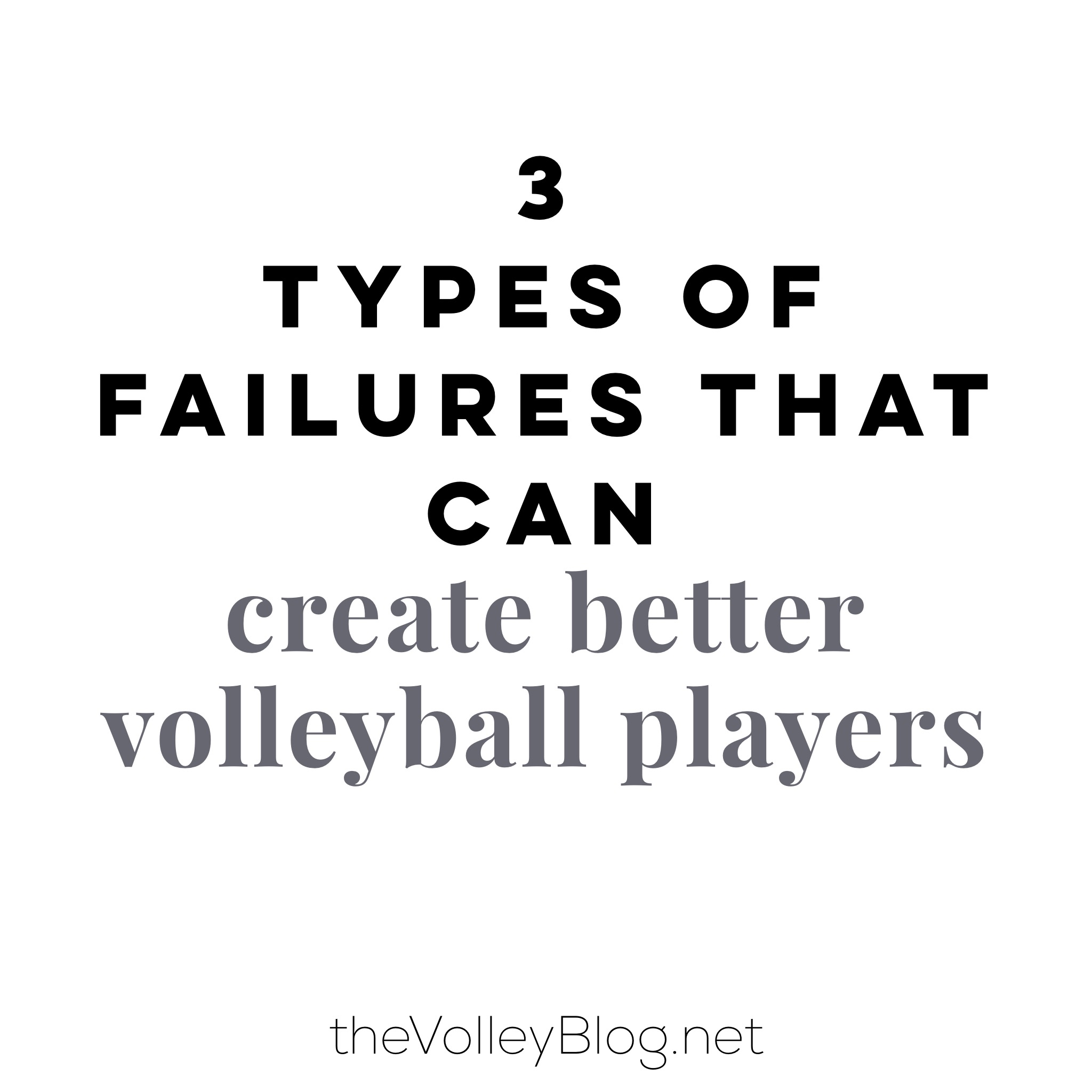







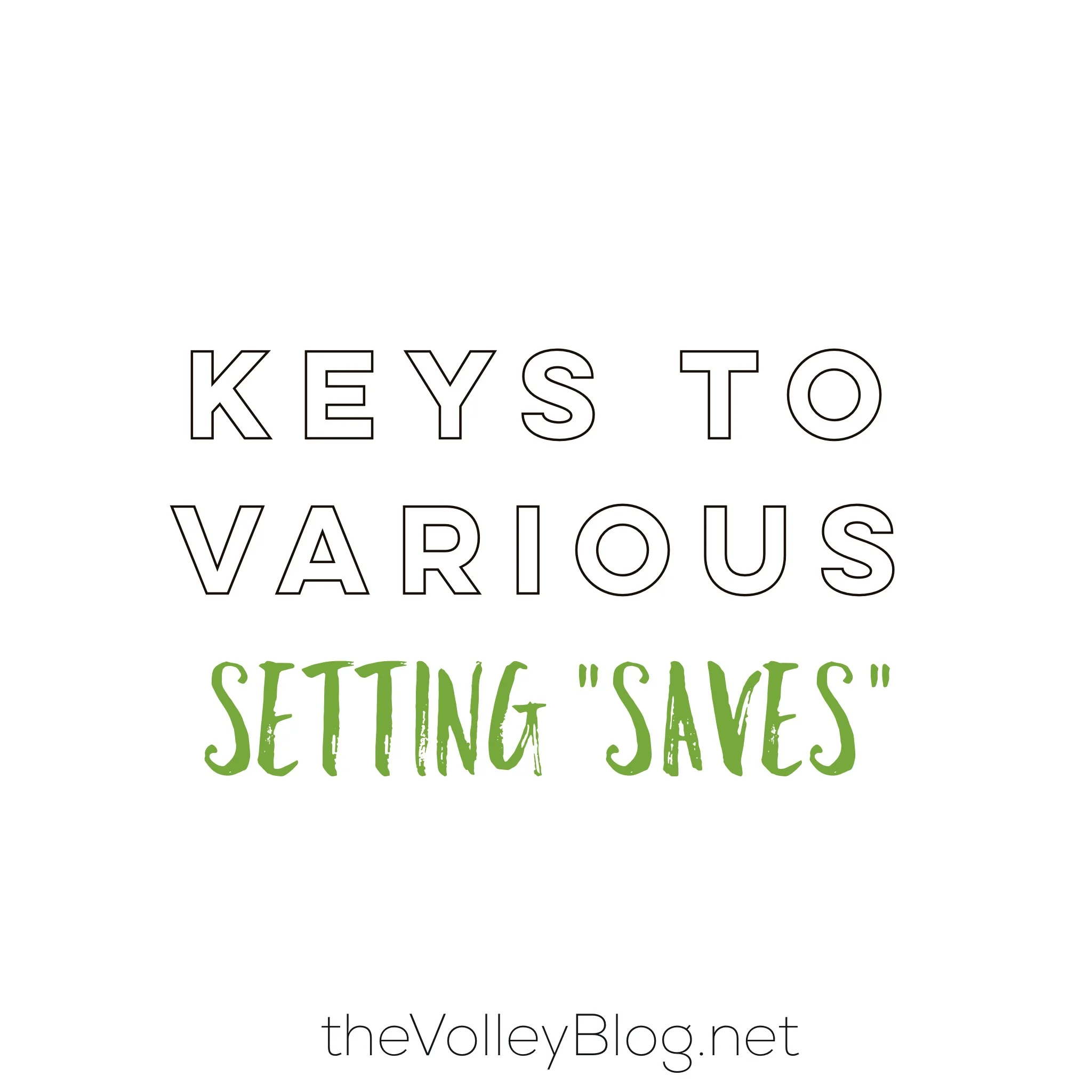
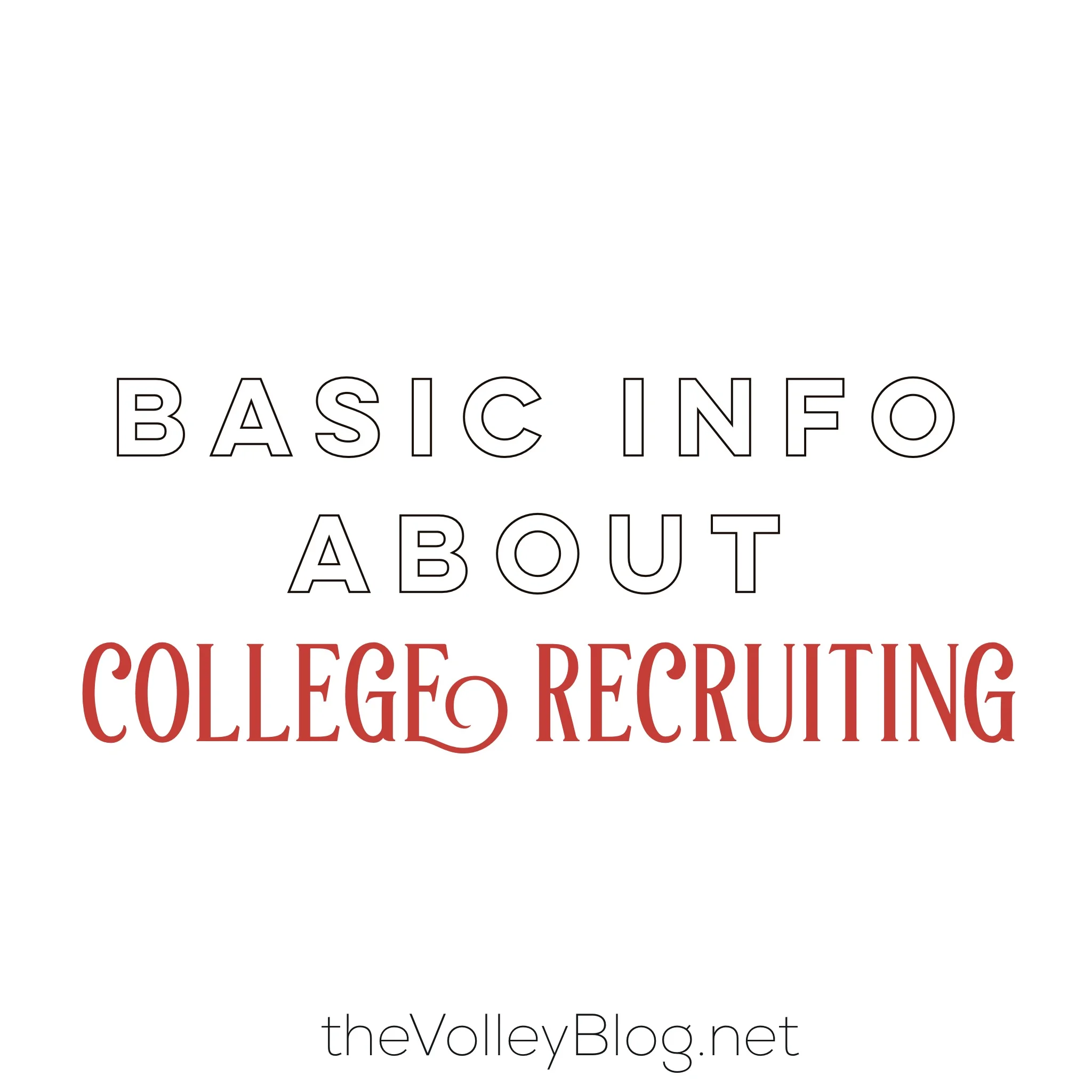
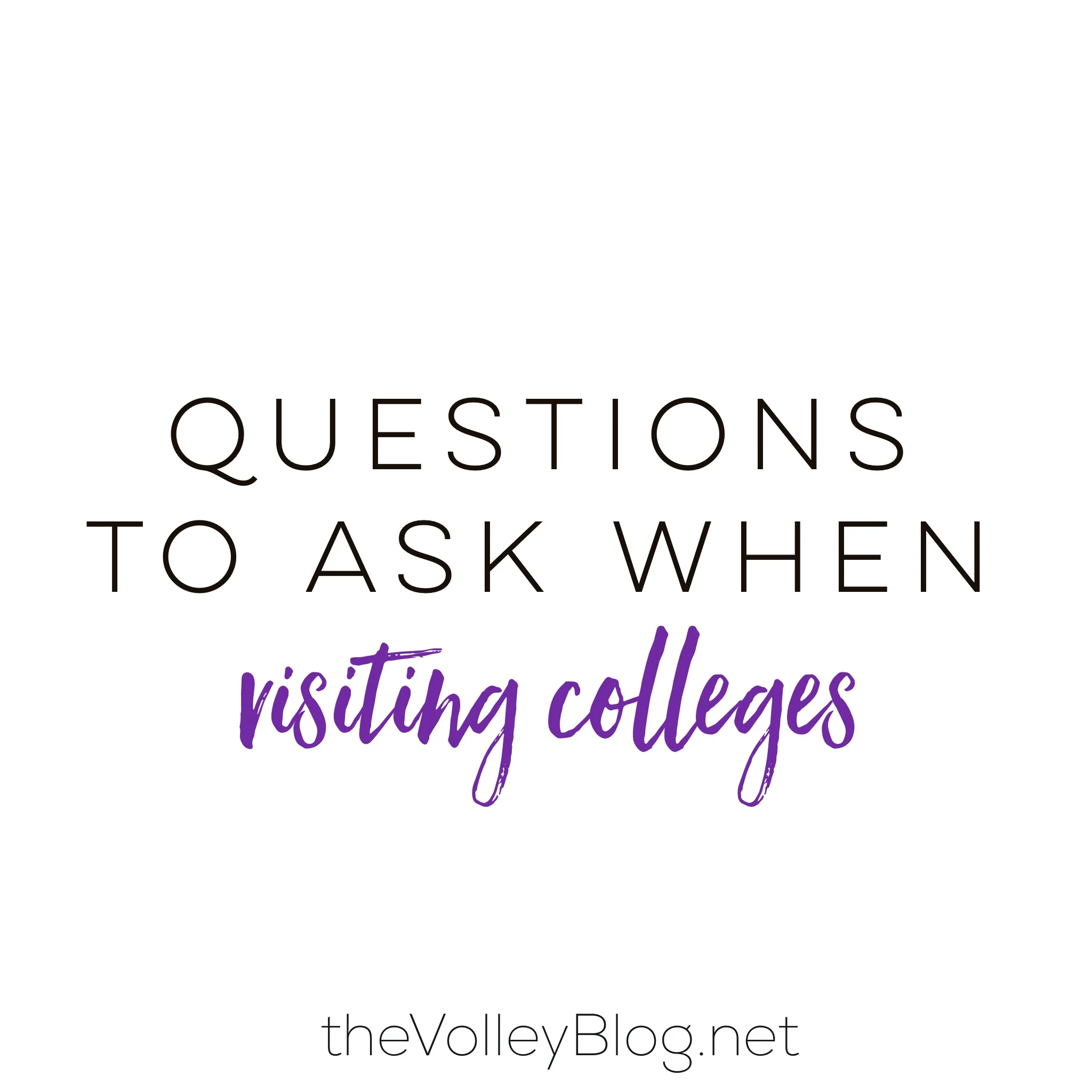
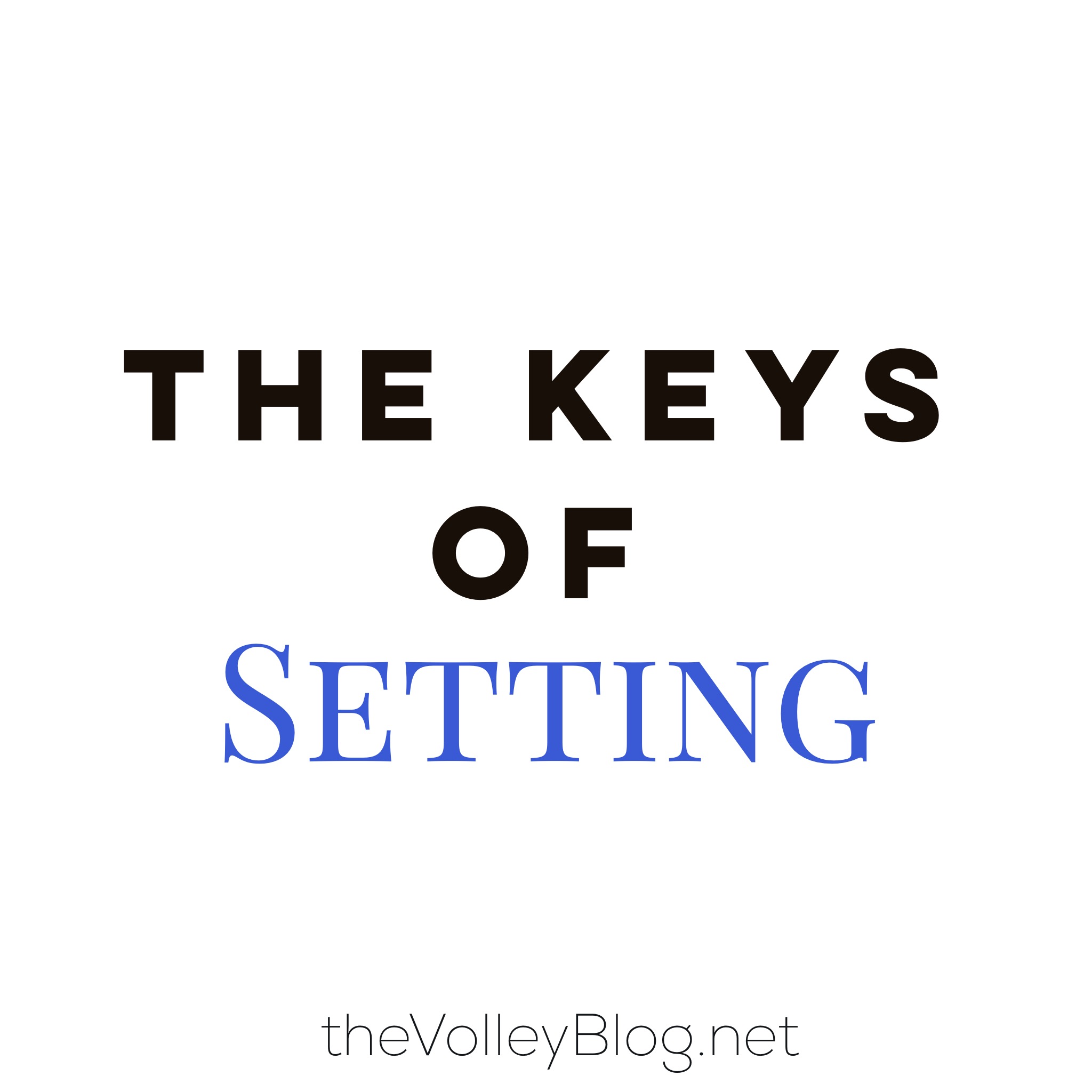
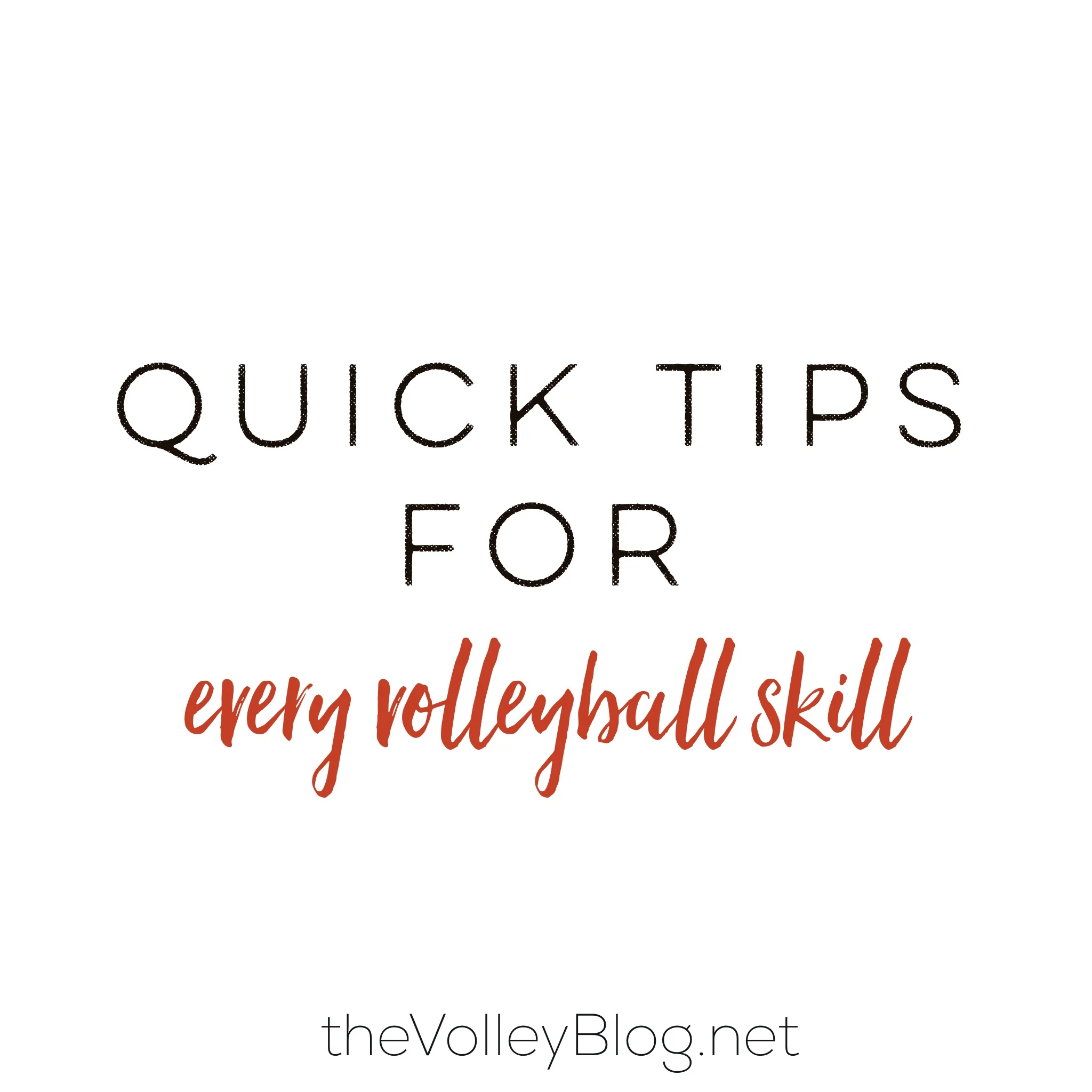
NCAA volleyball season is finally upon us! Find out info including how many undefeated teams are in the top 25, how many 5 set matches have been played already and who the AVCA player of the week is...